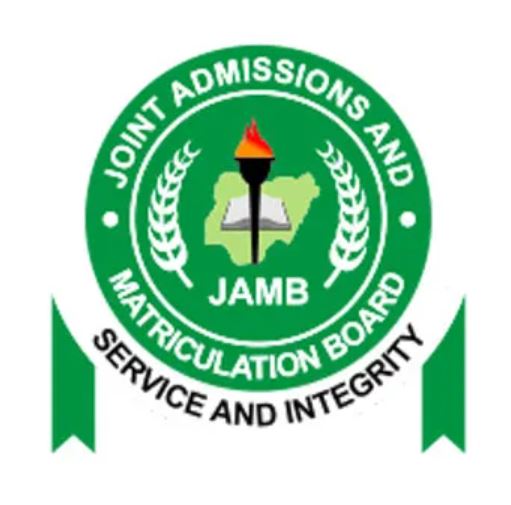REJOINDER: JAMB 2025 POLICY CHANGES – A CRITICAL RESPONSE
By Dr. Aiyeku Olufemi Samuel
Nigeria’s educational future hangs in the balance following the 2025 JAMB policy updates. Too much has shifted too fast. Rather than reforming access, these changes may inadvertently widen inequality, fuel malpractices, and diminish national confidence in our systems.
What’s Valuable in the Reform
* Transparency through ranking: Providing both score and national rank offers clarity.
* Admission deadlines and quotas: Tightening merit rules and admission timelines may compel institutions to act faster and more fairly.
Serious Concerns
* Ranking over score may breed unhealthy competition
– Students now compete nationwide: a 370 score placed one student 16th, while a 200 scored 533,005th.
– Is it fair to pit a rural student against test-prepped urban peers?
* Skewed advantage to privileged students
– Families who can afford coaching and multiple exams stand to dominate.
– Rural, under-resourced candidates are at risk of being left behind once more.
* Encouragement of exam malpractice
– When ranking becomes everything, desperate parents and students may resort to cheating to preserve relative positions.
* Threat to the dignity of tertiary dreams
– Adjusting admission requirements based on rank, not absolute competency, could crush legitimate ambition.
* Gateway to foreign education rush
– If top local universities become less accessible, more families may send children abroad—significantly increasing financial drain on households and the economy.
Solutions & Recommendations
* Blend absolute and relative evaluation
– Introduce scholarship quotas for candidates from disadvantaged, rural backgrounds to offset inequity.
* Strengthen rural exam centers
– Train invigilators and provide robust security to discourage malpractice in underserved areas.
* Monitor score distribution by demographics
– Publish data on performance across urban/rural lines to identify and address widening gaps.
* Introduce catch-up programs
– Bridge courses, remedial classes, or skill-based entry paths for high-rank yet low-score candidates, and students from low-income communities.
* Reinforce ethical standards
– Launch a social campaign paired with firm sanctions against malpractice, involving media and student bodies.
Final Thoughts
Nigeria needs solutions, not additional obstacles. Reforms should promote educational equity, not widen the divide. If we equate merit only to rank, we risk penalizing brilliance outside affluent circles.
Is our child’s future sealed by location or resources? It shouldn’t be.
If our approach doesn’t embrace all Nigerians, rural or urban, rich or poor, then we’re not reforming—we’re rejecting our promise.
Let’s fix the policy. Let’s save our children. Let’s not trade fairness for façade.
Dr. Aiyeku Olufemi Samuel
Co-Founder & Lead Consultant, Global Human Capital & Energy Management Limited












